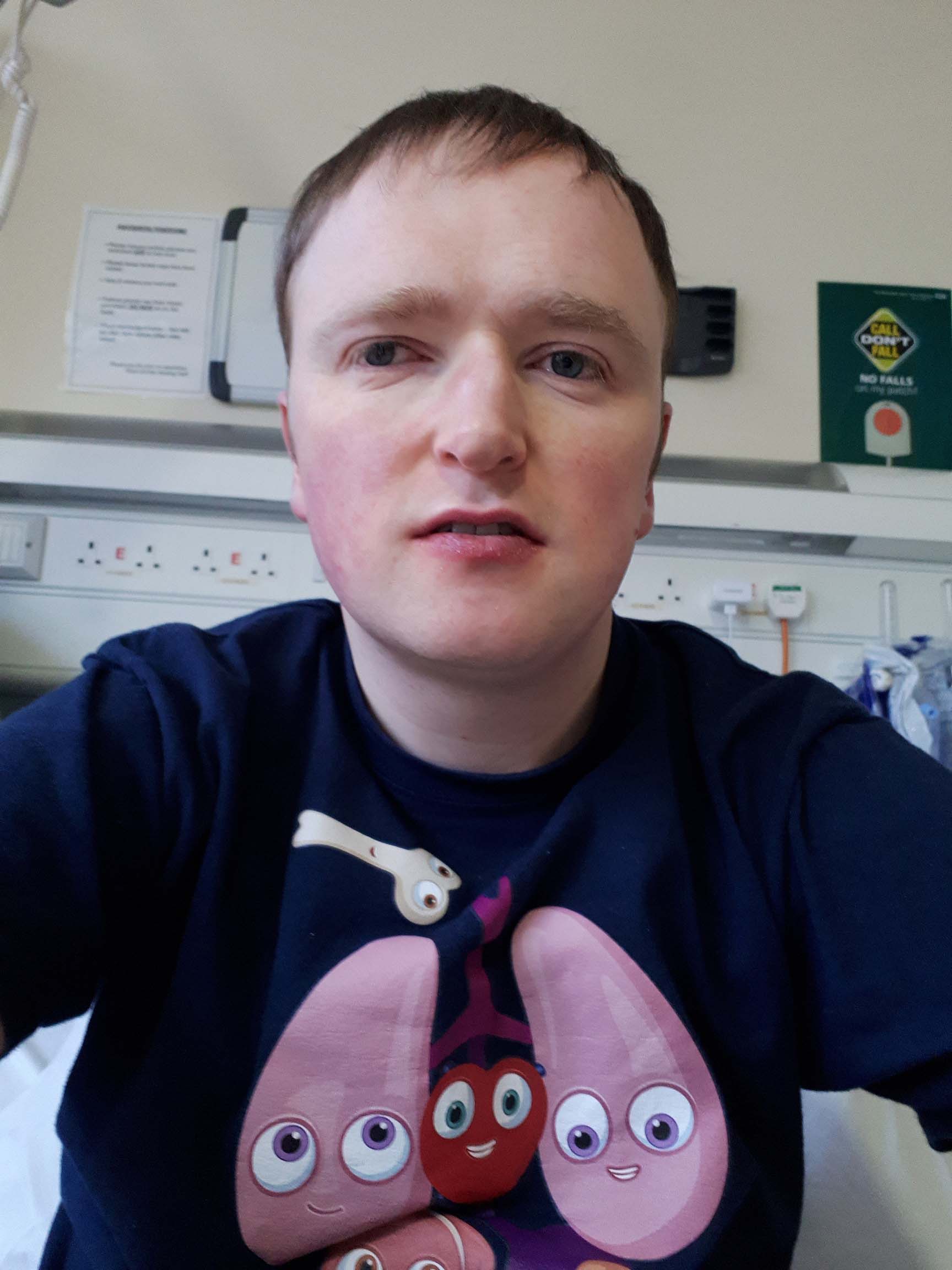Register as an organ donor
Record your decision to donate your organs
People with Group O blood wait longer for a heart transplant than those with other blood groups.
Data published this month in NHS Blood and Transplant’s annual report into Cardiothoracic Organ Donation and Transplantation demonstrate the difference.
The figures are being highlighted by NHSBT for World Heart Day (Saturday, September 29th) to highlight how the shortage of organ donors affects some patients more than others.
Transplant waiting times vary considerably depending on several factors including patient size, urgency of need, the patient’s antibody levels, and blood group, and each individual’s waiting time will vary. However, the overall median adult waiting times to heart transplant are1:
The longer waiting times arise because people with Group O blood can donate to every other group but they can only receive organs from people who are also Group O. In contrast, patients with AB group blood can receive organs from every other group.2
Transplanting an organ from an incompatible blood group will normally trigger the recipient’s antibodies to interact with and damage the transplanted organ immediately. The organ usually ceases to function.
Outcomes vary for individuals, but longer waiting times to heart transplant can increase the risk for patients and may lead to them needing urgent transplantation or support with a Left Ventricular Assist Device.3
Patrick McCann is blood group O and been on the waiting list since August 2015 – more than three years, or more than 1,100 days. He turned 36 this week.4
 Patrick, from Padiham in Lancashire, was born with tricuspid atresia, a congenital heart disease that means he is missing a heart valve. The defect means the right side of his heart is too small and it cannot pump strongly enough to supply blood to the rest of his body. He can only walk about 50 yards before he is out of breath.
Patrick, from Padiham in Lancashire, was born with tricuspid atresia, a congenital heart disease that means he is missing a heart valve. The defect means the right side of his heart is too small and it cannot pump strongly enough to supply blood to the rest of his body. He can only walk about 50 yards before he is out of breath.
Patrick had a Fontan procedure when he was six, to divert the flow of blood around his right ventricle. This means the left side of his heart does all the work for his whole body.
Patrick, who works for Tesco on the checkout, has had two ‘false alarms’ and lives with the constant anxiety of not knowing when, or if, he will receive a transplant.
“I feel worried about the phone ringing while I am too far from home and sometimes I worry about not getting a transplant in time. I am trying to live life as best I can,” he said.
Patrick, is listed for transplant at the Freeman Hospital in Newcastle. At different points in his life his heart rate has been as low as 28 beats per minute and as high as 300 beats per minute.
He said: “It's a struggle at times, waiting so long.
“I do spend a lot of time thinking and wondering, if I'll get my transplant in time, when it will be, what life will be like afterwards and also how long I can remain stable for, while waiting.
“I do try to keep myself occupied, to stop my mind from wandering at times, as overthinking, and then worrying more, doesn't help the situation.”
Patrick supports the introduction of an opt out organ donation system and encourages all those wishing to donate their organ to share their decision with their family.
Dr Jayan Parameshwar, Consultant Cardiologist at Royal Papworth Hospital, and Chair of the Cardiothoracic Advisory Group for NHS Blood and Transplant said: “The problem faced by patients with Blood Group O is something we are acutely aware off and monitor constantly.
“The organ allocation system has been altered to minimise this problem on more than one occasion but it is not possible to overcome it.5
“This is because in critically ill patients with Blood Group A or AB, it is not possible to wait for an identical blood group donor. O is the most common blood group in the UK and inevitable more donors will carry Blood Group O. Some of these donor organs will therefore be transplanted into patients with other blood groups.
“Increasing the number of organs donors is the best way to help patients with all blood groups. We need more families to say yes to organ donation so that more lives are saved. Please tell your family you want to donate.”
Mr Asif Hasan, Consultant Paediatric Cardiothoracic Surgeon at Newcastle Hospitals, said: “O blood group patients awaiting heart transplantation are particularly disadvantaged, as they cannot receive hearts from other blood groups due to ABO incompatibility. Blood group incompatible heart transplants can result in hyperacute rejection, which is invariably fatal.
“We desperately need more donors to reduce the unacceptably high risk of deaths of patients waiting for heart transplants.”
Ends
Press release notes
Notes to editors